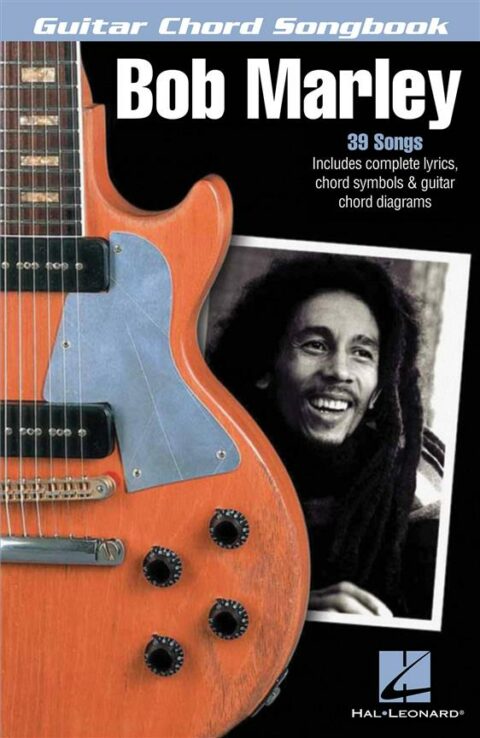
And the song's second verse ("Whosoever diggeth the pit / Shall fall in it, fall in it") is straight out of Proverbs. The axe metaphor comes from Matthew 3:10. The revolutionary language in Marley's "Small Axe" is shrouded in biblical allusions. With his lyrical mastery, Marley could make the Bible seem as subversive as the Communist Manifesto.

"If you are the big tree, we are the small axe, ready to cut you down, to cut you down!" There are few ways to misinterpret lines like "total destruction is the only solution." Though his music is hopeful on the whole, its honest portrayal of the darkest despair only adds to its power. In the face of endless war, even Marley's boundless hope could wane. "Well, it seems like total destruction the only solution, and there ain't no use: No one can stop them now." But the woman can't see it through through her tears and the injustice that he died "just because of the system." 7. He tries to tell her there is life after death for good people like Johnny. Marley takes an even deeper dive into inner city violence and death on "Johnny Was." He describes a passerby's attempts to comfort a woman who has just lost her son. "Woman hold her head and cry, cause her son had been shot down in the street and died from a stray bullet." Though the chords and rhythms are cheerful, he paints a horrific world that makes a revolution seem urgent. He rails against universities for arming an elite class with knowledge inaccessible to the poor.

Marley criticizes the church for deceiving the people. "Babylon System" tears down the elite class for exploiting the powerless among us. Look out now: They suckin' the blood of the sufferers." Me say them graduatin' thieves and murderers. "Yeah, we've been trodding on the wine press much too long. He encouraged this riotous attitude on "Burnin' and Lootin,'" "Revolution" and "Guiltiness" especially - but you won't see those on Legend. Often, his go-to solution was just to tear down the entire system and rebuild.

This is a classic example of Marley's eye for socioeconomic inequality. It was meant to show the problems for what they really were and to offer a solution. All his music was intended to amplify those messages and struggles. "Until that day, the African continent will not know peace." These lines appear in the last verse of "War." They show how attuned Marley was the sociopolitical movements of his day.
CONCRETE JUNGLE BOB MARLEY LYRICS MEANING FREE
"Until all Africans stand and speak as free beings, equal in the eyes of all men, as they are in the eyes of heaven," he said. "Until the philosophy which holds one race superior and another inferior is finally and permanently discredited and abandoned, everywhere is war, me say war."Īlmost all the lyrics in "War" including those quoted above are derived from a speech Ethiopian Emperor Haile Selassie I delivered to the United Nations in 1963. Here are the 14 lyrics that will keep Marley's legacy pure and uncompromisingly radical, like it needs to be. The vast majority of his canon is aimed at tearing down these false idols in order to replace them with a new system of consciousness.

He was a harsh critic of capitalist and imperialist systems. Marley's now the spokesman for his own line of recreational marijuana and herbal beverages.īut before Marley was known popularly as the patron saint of drug-fueled escapism and vacuous "peace and love" messages, he was one of our finest and most radical political revolutionaries. "It is primarily as a spokesperson for underprivileged people that he has become a global icon, but his music and image have become thoroughly commodified in every imaginable way." Marley's eternally 36-year-old face, flanked by lions and weed leafs, covers backpacks, tapestries and T-shirts. "Today, Bob is a paradox," Gregory Stephens wrote for Jah Works. Though his biggest hits came out decades ago, his presence still looms large in culture - perhaps in a way that he would not have agreed with. Bob Marley would have turned 70 this year.


 0 kommentar(er)
0 kommentar(er)
